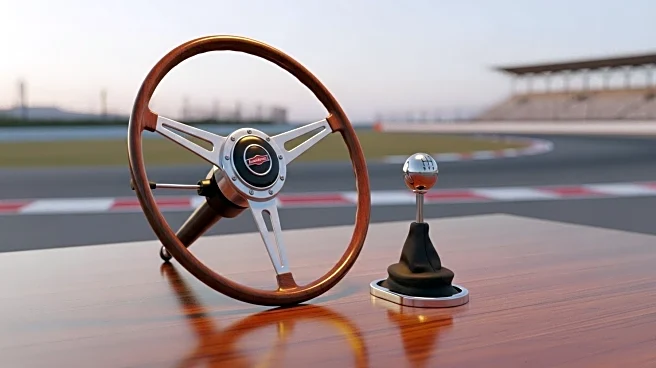What's Happening?
On the 150th anniversary of Ferdinand Porsche's birth, his lesser-known invention of an early traction control system is being highlighted. Porsche patented this system in 1937, which was designed to improve vehicle stability by reducing engine torque when wheel speeds differed. This innovation was ahead of its time, predating similar systems by decades. The patent described mechanical methods to achieve traction control, showcasing Porsche's engineering foresight.
Why It's Important?
Porsche's traction control patent reflects his significant contributions to automotive engineering, influencing modern vehicle safety technologies. This invention laid the groundwork for contemporary traction control systems, which are now standard in many vehicles, enhancing road safety and driving performance. The recognition of Porsche's work underscores the importance of innovation in the automotive industry and its lasting impact on vehicle design and functionality.
Beyond the Headlines
The celebration of Porsche's invention also brings attention to his complex legacy, including his ties to the Nazi regime. While his engineering achievements are notable, they are intertwined with historical controversies, prompting discussions on the ethical considerations of technological advancements during politically charged eras. This duality highlights the broader implications of innovation within historical contexts.









